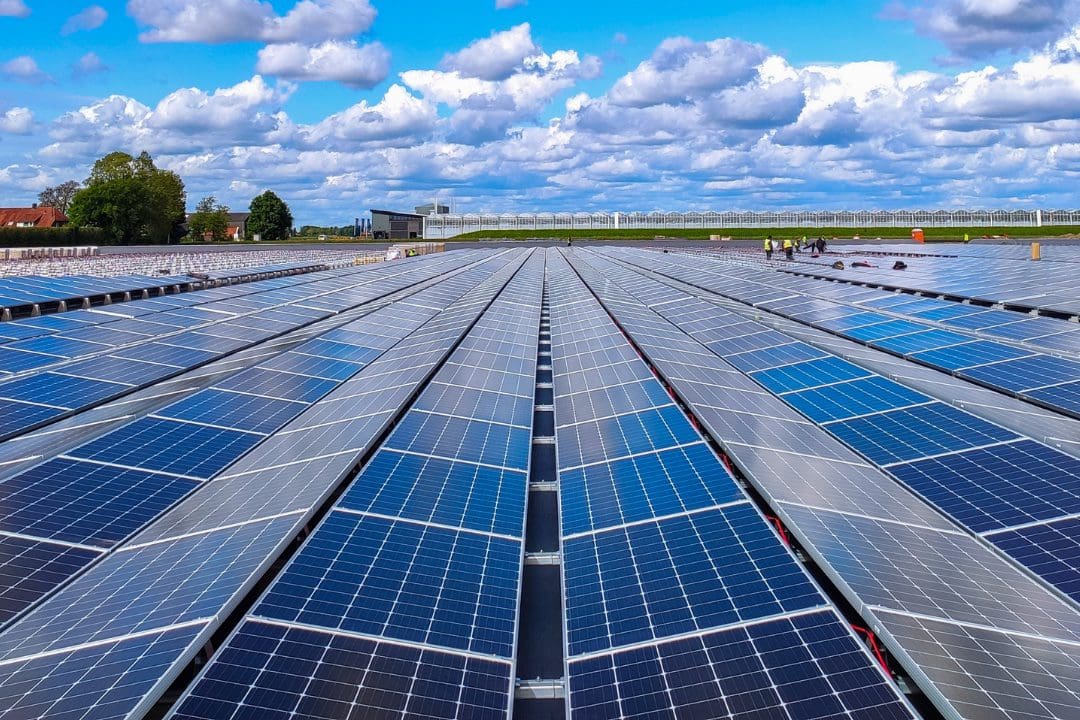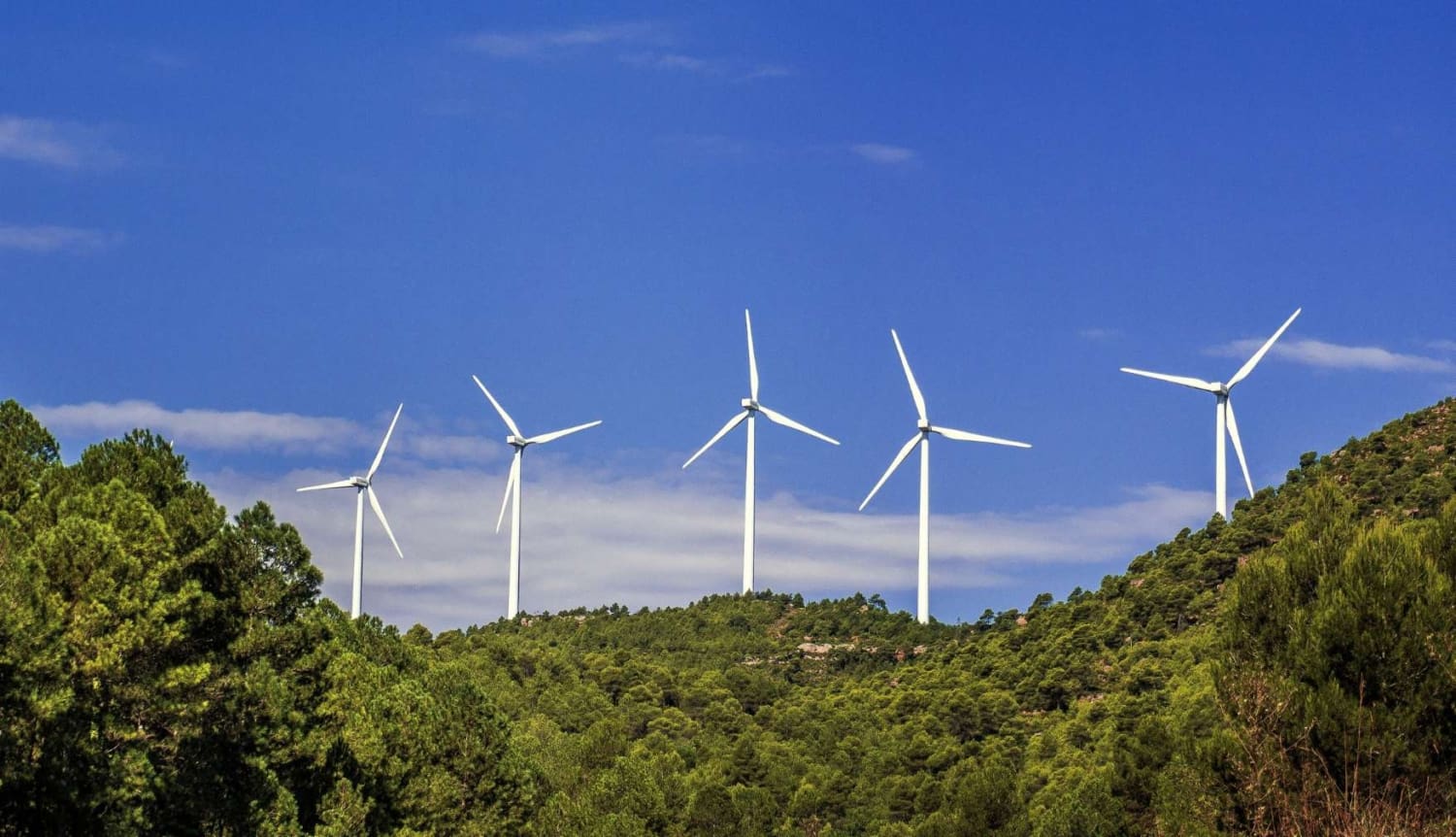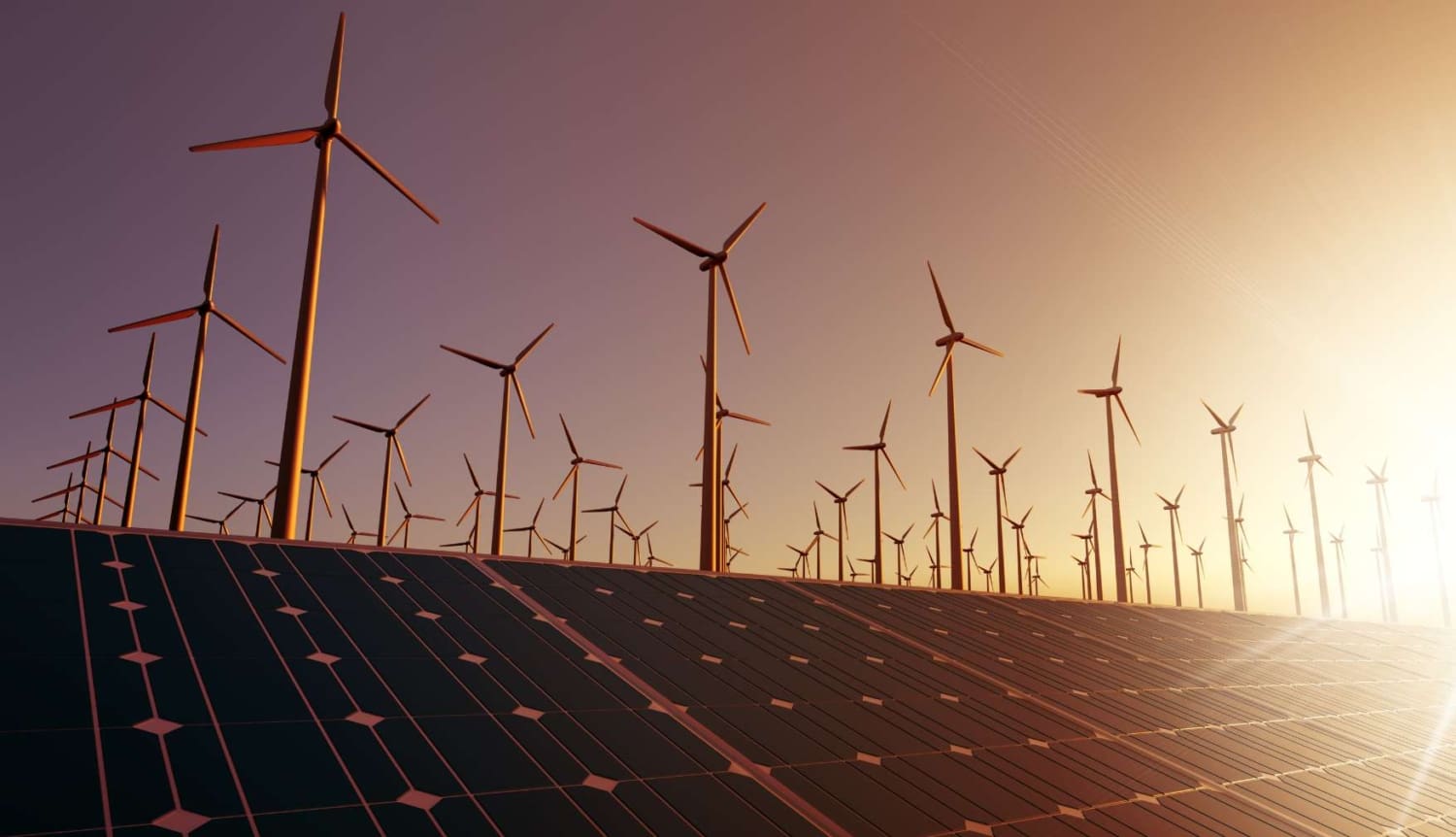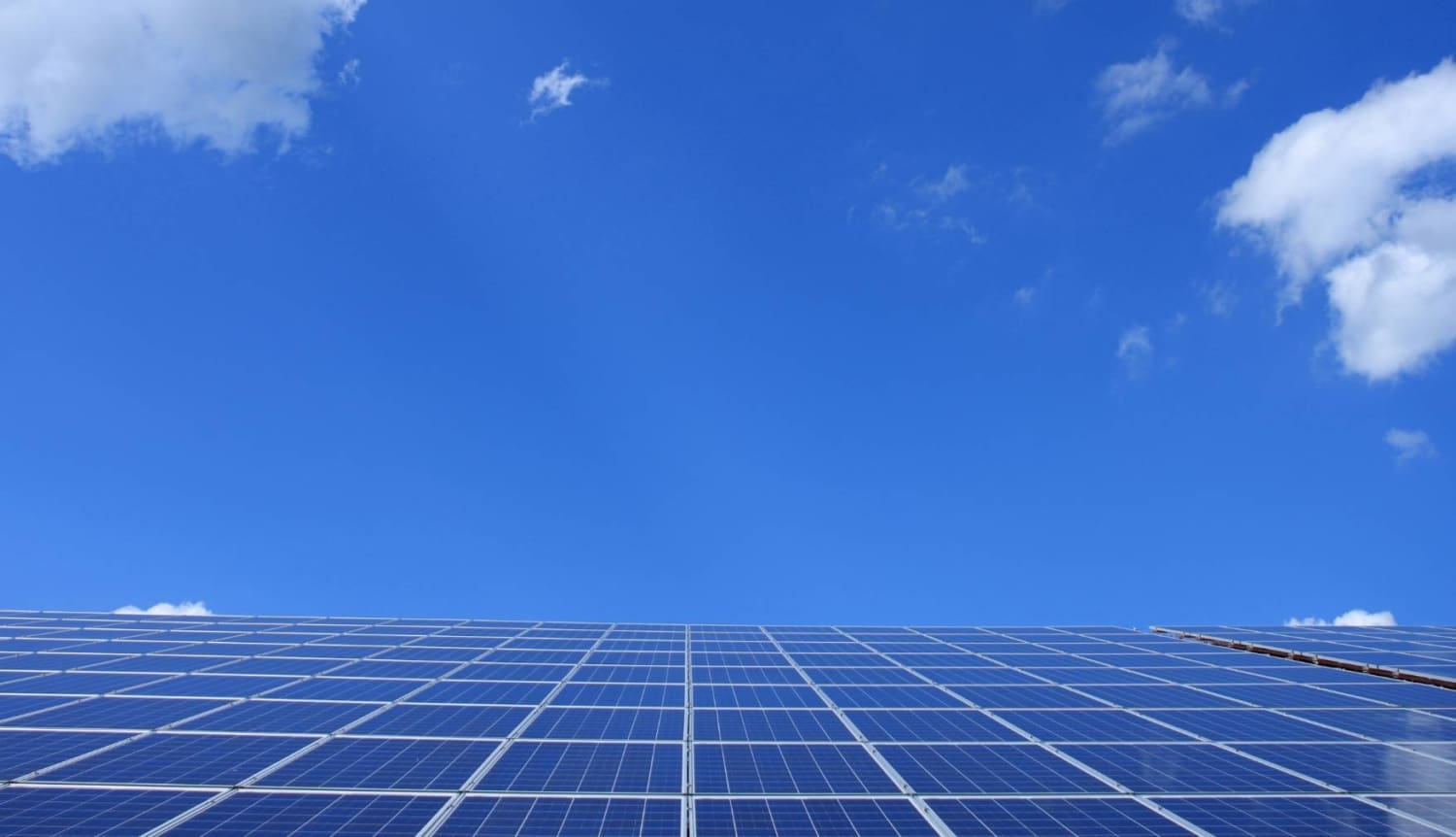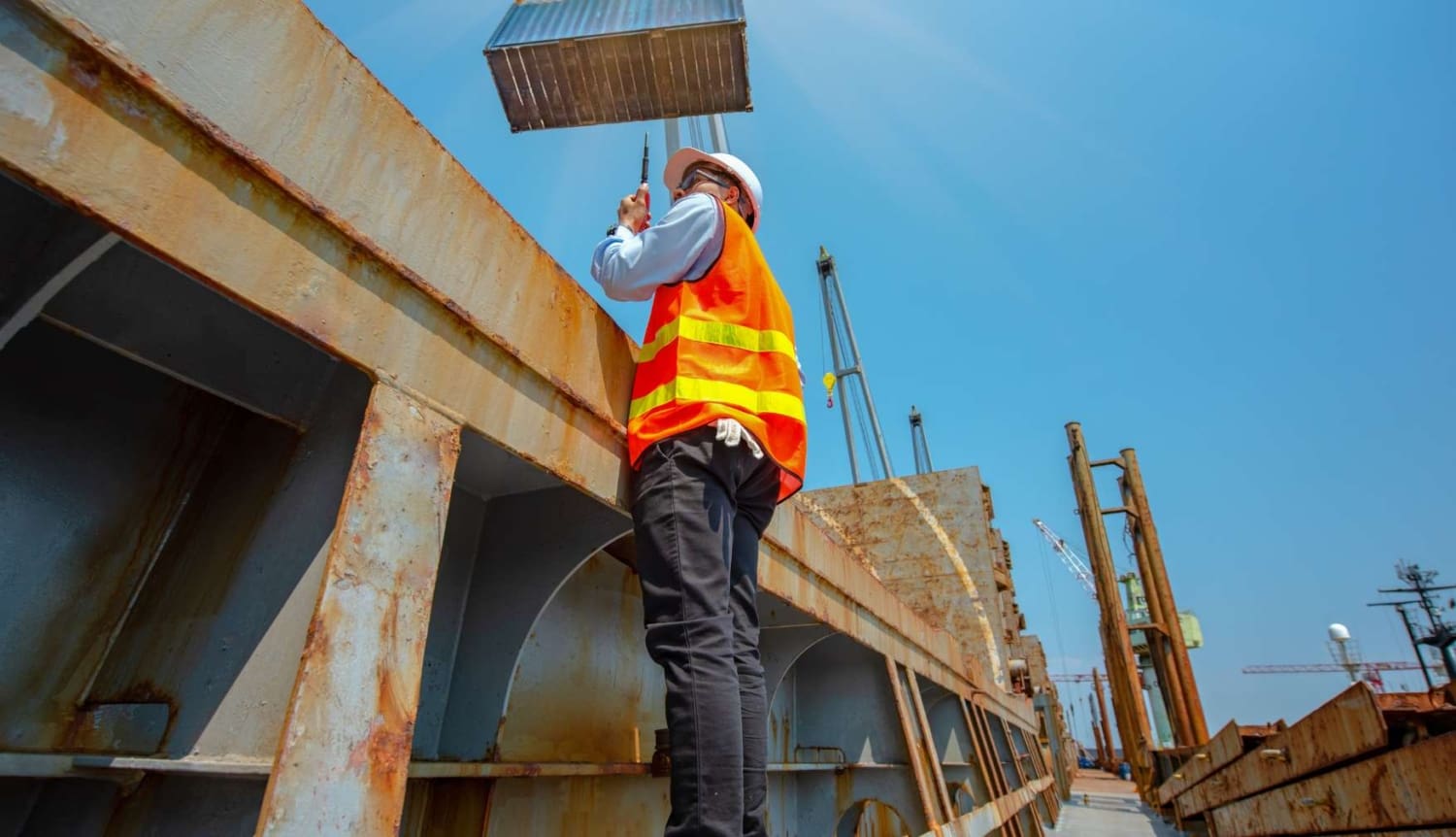June 2018 set a new defining moment in the path to Europe’s ambition of a low-carbon economy by 2050. A new financially binding renewable energy target for the EU of 32% by 2030 was agreed. Consequently, energy compliance has become more of a priority for measuring and reducing targets. As a result, SI 426 compliance
Read More
As Ireland moves towards its net zero carbon targets, as set out in the government’s Climate Action Plan 2023, the role of renewable energy generators such as solar farms are of growing importance. However, the process of bringing new solar farms to completion and connecting them to the national grid presents a significant challenge.
Read More
Irelands communities are leading the way of change in answer to the climate emergency, particularly in how they influence energy, with the benefits of reducing dependency on fossil fuels, improving air quality, and creating opportunities to develop systems that can financially support sustainable initiatives identified through Energy Master Planning. One such mechanism that can help
Read More
testGreen for Micro Programme (GRM) The energy sector has experienced a significant increase in fuel costs over the last twelve months. This has prompted businesses to revaluate their energy use to find ways to reduce energy costs. Small businesses and remote working hubs are being offered the opportunity to cut their emissions and save on
Read More
The energy sector has experienced an increase in fuel costs across the board in the last 12 months, which has prompted many businesses to reevaluate their energy use to find ways to reduce energy costs. The SEAI recently launched the Support Scheme for Energy Audits (SSEA) that allows small and medium-sized enterprises (SMEs) to appoint
Read More
As energy users become more energy-efficient and reduce energy demand, the next steps in mitigating reliance on fossil fuels are identifying and implementing appropriate and site-specific renewable energy technologies. Renewable energy technologies allow homeowners, SMEs, public-owned buildings, and large industrial plants and public sector organisations to generate electricity, consume it onsite, improve self-sufficiency, and reduce
Read More
The Energy Efficiency Directive (EED) mandates large organisations to complete energy audits every four years. This requirement was transposed into Irish legislation in 2014 through S.I 426 and is called the Energy Auditing Scheme (EAS) in Ireland. The Energy Auditing Scheme is a mandatory energy assessment scheme and legal obligation for organisations in Ireland that
Read More
Energy Master Plans (EMP) are methods for Sustainable Energy Communities to understand and identify their current situation and projected destination in relation to energy use. EMPs can be used as road maps for communities to achieve significant savings on energy expenditure and waste, focusing on a targeted approach. Communities often have a very good grasp
Read More
A clear approach to complex solutions for Nearly Zero Energy Buildings (NZEB) Ireland’s statutory solution to Nearly Zero Energy Buildings (NZEB) presents itself in the form of Technical Guidance Documents Part L 2017 & 2019 for non-domestic and domestic applications’, respectively. While both regulatory documents have been in existence for some time now, the requirement
Read More


